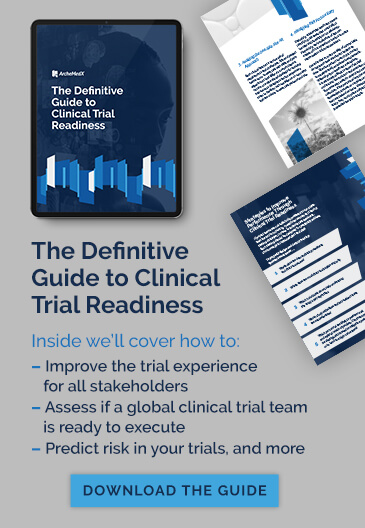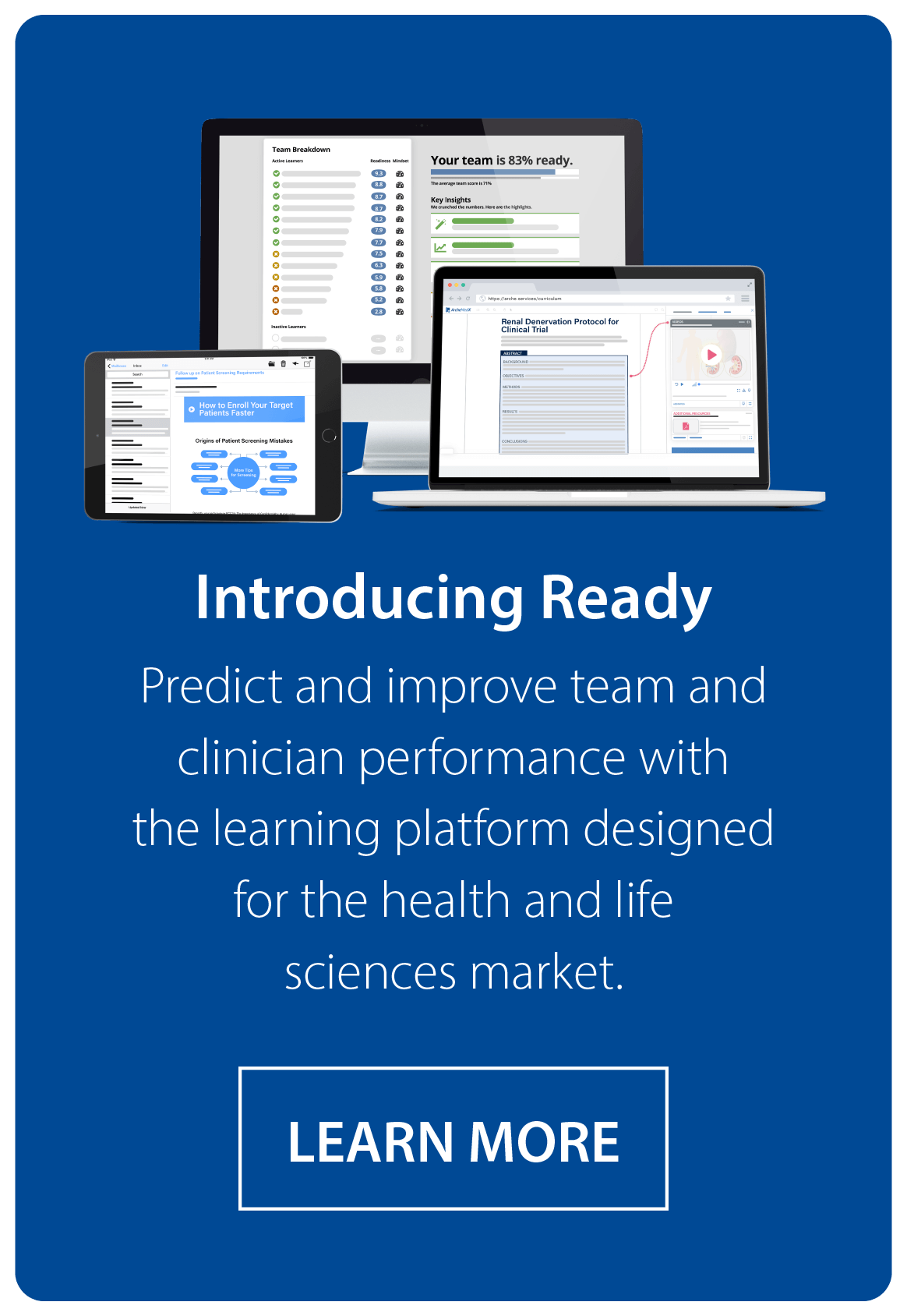For months, public health experts have shared a constant refrain, stating that widespread testing and comprehensive contact tracing are essential to stopping the spread of COVID-19. In policy papers, Congressional briefings, and media interviews, they have carefully explained why contact tracing systems should be in place before cases become more widespread. This would allow for every new infection to be tracked and the affected individual’s contacts identified, tested, and isolated from the rest of the community.
In the absence of a national effort, many states — both red and blue — have heeded the expert advice. California, Massachusetts, Michigan, New York, North Carolina, South Dakota, North Dakota, and Utah moved quickly to launch statewide contact tracing initiatives and mobile applications. Additional states have started their own tracing efforts, but with all 50 states now reopening, we must recognize the magnitude of the challenge and act accordingly.
Lest we forget, we are one United States and the coronavirus doesn’t stop at one state’s borders or respect its local policies.
A Big Solution for a Big Problem
While training individuals to do contact tracing is not a formidable task, the numbers involved are huge and it requires scale. Our public health workforce must be vastly increased:
The national, comprehensive plan that the Johns Hopkins Center for Health Security released last month explains why the U.S. requires at least 100,000 new public health workers to conduct contact tracing. More recently, Andy Slavitt, former director of Medicare and Medicaid, and Scott Gottlieb, former Food and Drug Administration chief, urged Congress to appropriate funds to employ 180,000 contact tracers until there is a vaccine. Tom Frieden, a former director of the Centers for Disease Control and Prevention, suggested the U.S. may require as many as 300,000 contact tracers nationwide.
Despite the clarion call from so many well-respected institutions and public leaders, most states still lack the workforce and tools to effectively implement contact tracing at the scale experts are calling for, especially as a potential resurgence of COVID-19 looms in the fall.
Most agree the country cannot stay locked down until a vaccine is made widely available (best case in 12-18 months) and contact tracing and isolation is a proven method used to help contain past epidemics in the U.S. ( i.e. Tuberculosis). During coronavirus outbreaks, notably SARs, MERS, and now with COVID-19, many other nations have also relied on robust tracing and isolation efforts to slow the spread and contain their outbreaks.
Technology can help to streamline and accelerate the tracing process. While other nations have successfully deployed digital tools and contact tracing apps, the U.S. lacks a national approach. Apple and Google’s collaborative solution to enable tracing at the operating system level in smartphones was widely applauded early on. But now, many states fear that Apple and Google’s effort to protect individual privacy will result in a contact tracing effort that is inadequate. As a result, more states are pursuing development of their own contact tracing apps instead of working toward or implementing a standardized approach.
Thankfully, MIT and other groups have also been working on ways to securely employ Bluetooth enabled applications across Android and Apple devices to privately and securely track and share contact information. They may yet arrive at the right solution.
The Johns Hopkins Plan as a Foundation
The Johns Hopkins plan includes a clear explanation as to why contact tracing is critical to safely reopening the country and walks through the evidence and data drawn from the experiences of other nations. If you haven’t read it, please see it here. We’ve created a learning activity around the plan, making it easy to delve into the subject in a deeper, richer, more engaging way. The activity is available to anyone, free of charge.
Learn More About the National Plan for Comprehensive Contact Tracing
We think it’s only fitting that a company built to transform learning and improve healthcare would lend a hand in elevating and expanding the debate around contact tracing. Note that since our platform makes it simple to update learning activities quickly, we are adding and editing multi-media references and tools to improve understanding of the plan as the conversation evolves.
Meeting the Challenge Together
This pandemic has forced a seismic shift in the healthcare/life sciences industry, if not in our society as a whole. Now we must decide whether we will let the virus beat us or employ proven methods, particularly contact tracing, to contain it and safely re-open the country as we begin a new way of life.
This nation can rise up and meet the challenges of this pandemic, just as our forefathers have done in other challenging times. We have the experience, talent, ingenuity, and technology to ensure the public’s health. Let’s embrace it.
Learn more about the issues surrounding contact tracing. Find our activity here.





